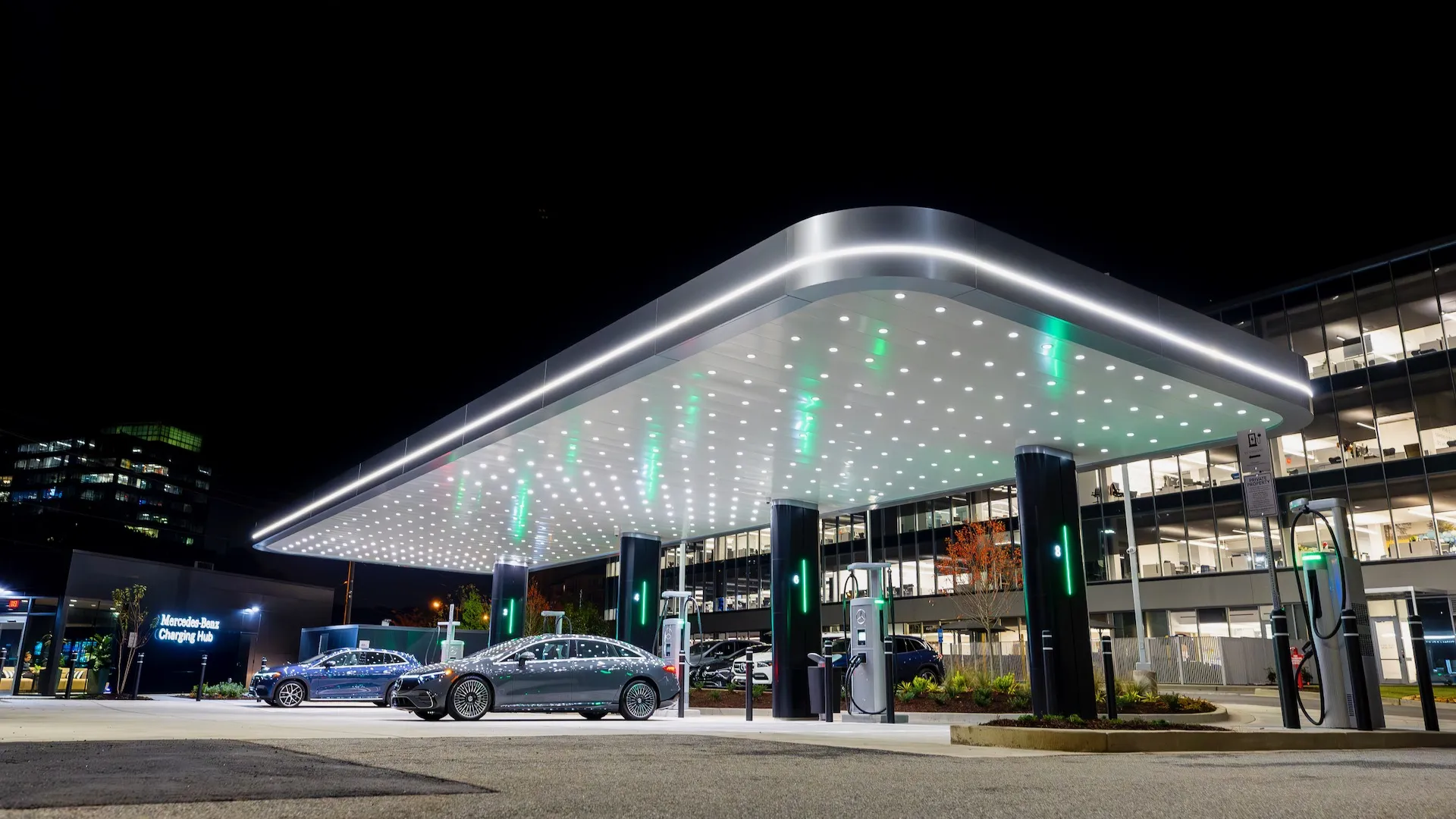Nissan swarmed the opening day of the Japan Mobility Show in Tokyo with four electric vehicle concepts and a bold new design language. While it’s great to see the company that gave the world the Leaf back in top form, the real game-changer might be Nissan’s all-solid-state battery (ASSB) development program.
Kazuhiro Doi, corporate vice president of Nissan’s research division, was on hand to talk about the emerging battery technology that could allow the company’s next generation of electric vehicles to take a quantum leap forward.
Announced roughly two years ago, ASSB technology could revolutionize EVs, giving them “almost double the energy density” of current batteries, according to Doi, with faster charging performance at a lower overall cost. Better living through chemistry.

Once realized, that higher power density opens up a wealth of potential options for Nissan product planners and engineers – and for “all car types” according to Doi. Getting twice as much energy from each cell could advantage large, heavy vehicles – like trucks or vans – by improving total range without having to increase the physical size of the pack. Nissan has also said these batteries could cut charging times to a third of what conventional ones offer.
In the other direction, sports cars or supercars – like the GT-R-aping Hyper Force concept –could use smaller, lighter battery packs to allow for better handling, braking, and acceleration.
But the design and packaging advantages don’t stop there. Doi also told me that ASSB technology offers a wider operational envelope in terms of temperature, too. When asked about the temperature sweet spot, Doi said that the batteries are happy from “room temperature to 100C.” As a result, the solid-state batteries don’t require any sort of dedicated cooling system, which means future Nissan products could ditch even more weight and mechanical complexity.
Doi and the team are moving forward according to Nissan’s previously announced schedule, too. A first pilot manufacturing plant is still on pace to begin operation next year, though I couldn’t get a comment on the facility’s production capacity. And the first production vehicle application of ASSB is still slated for 2028, with Doi saying, “I hope to make the next announcement very soon” when pressed on the details of said car.
There are still more than a few specifics to be worked out on the engineering front, notably balancing the construction of the cells for charging and discharging performance, as well as the lifecycle of the battery overall.
“First we have to fix the chemistry, then we can estimate the performance per cell,” Doi said. “To realize higher energy density the cathode has to be thicker… but then the charging is slower.” A magnesium sulfur-based technology could be the most affordable, and could “positively affect cycle life,” he said.
BMW, Volkswagen, and Toyota – to name a few – are also investing heavily in this field of solid-state research and production ramp-up but Doi is bullish about the Nissan effort, calling the company “in the top group” of this EV arms race.
It could use the boost. Despite success with the Leaf and launching the new Ariya crossover, Nissan is sometimes accused of losing an early lead it once had alongside competitors like Tesla. With automakers from China, Korea, and even the United States moving fast on EV rollouts, Nissan has no time to waste.
The company is already showing early signs of progress. Last month, Nissan announced that every new car launched in Europe would be an EV and that it would complete a fully electric transition in that region by 2030. “The world needs to move on from ICE,” CEO Makoto Uchida said at the time. But certainly, other automakers are racing in that direction too.
Whatever the outcome of that competition, it seems like solid-state batteries in general, and possibly even Nissan ASSB tech specifically, are poised to make EV shoppers the winners, very soon.











